Former Porsche designer Ben Baum said, Xiaomi has left Porsche with nothing but brand value.
 JohnFeb 19, 2025, 05:44 PM
JohnFeb 19, 2025, 05:44 PM
【PCauto】 Li Auto's design director, Ben Baum, made a bold statement in an interview with German media: "Xiaomi has reduced Porsche to just its brand value, stripping it of its product value."
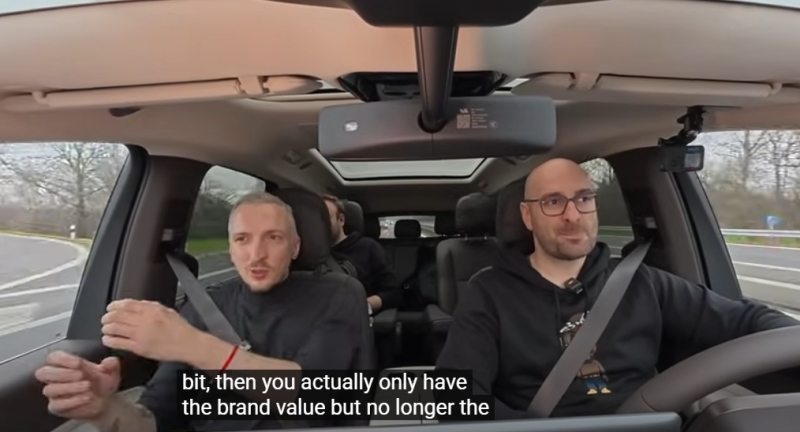
This remark quickly sparked heated discussions within the industry. As a seasoned designer who led the creation of Porsche's iconic 992 model, Baum's comments not only shed light on Porsche's current market challenges but also highlighted the intense competition Chinese new energy vehicle manufacturers are posing to traditional luxury brands.
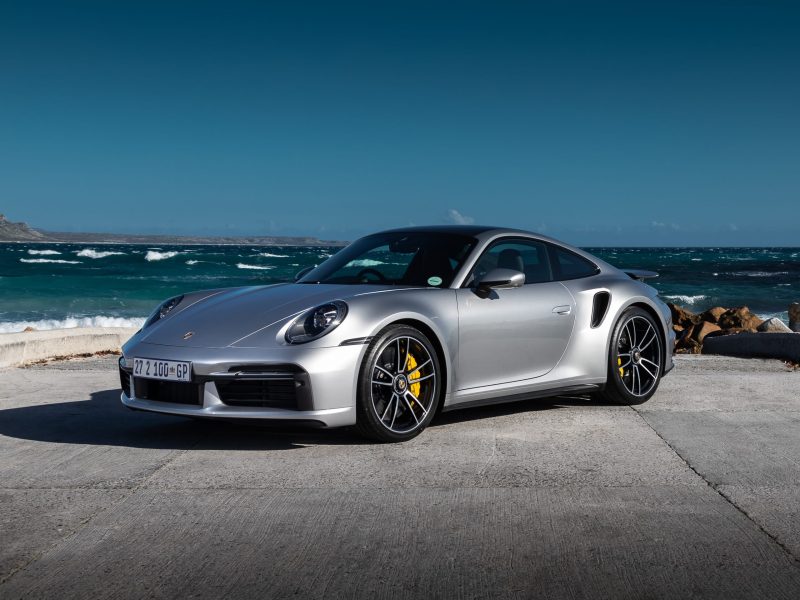
Baum pointed out that the Porsche Taycan is priced between 1.6 to 1.8 million yuan in China, while Xiaomi's car offers similar, if not superior, performance at just 220,000 yuan. This includes comparable exterior design, equivalent range, faster charging speeds, and advanced smart features (such as connectivity services) that traditional luxury brands struggle to match.
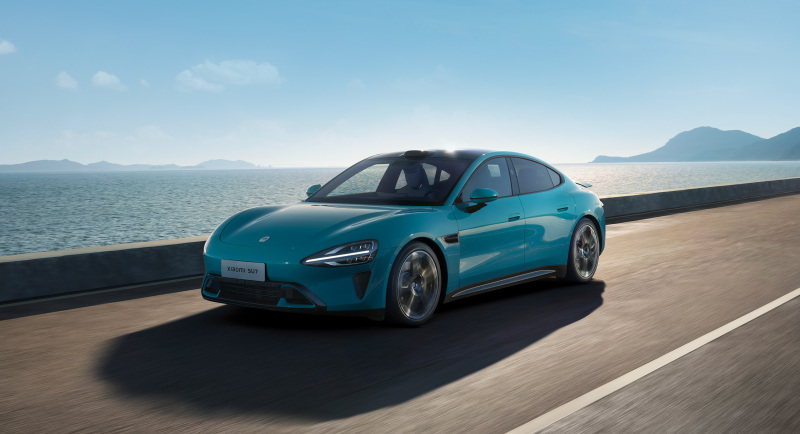
This "one-sixth the price, double the performance" comparison directly impacts Porsche's core customer base—those who seek luxury but have limited budgets. As affordable, high-performance Xiaomi cars flood the market, Porsche's product value is being diluted, leaving brand prestige as its only remaining defense.
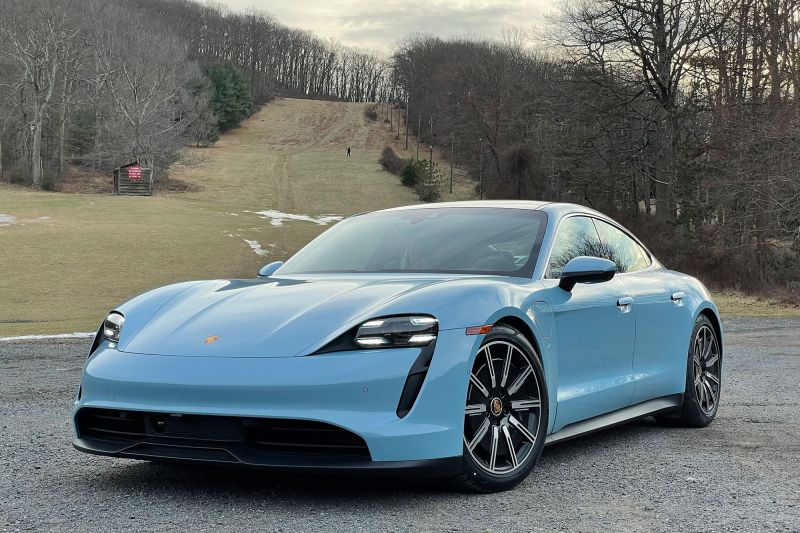
Baum's comments are not without merit. Porsche's recent performance in the Chinese market has been grim: on one hand, sales have declined for three consecutive years, with a 28% year-on-year drop in 2024. Taycan sales halved to 20,800 units, leading to layoffs of 1,900 workers at its production plant. On the other hand, its electrification transformation has stalled. Since its introduction in China in 2021, the Taycan has seen slow updates, and its smart cockpit and autonomous driving systems lag behind Chinese brands that refresh their models annually, leaving it far behind competitors like the Xiaomi SU7.
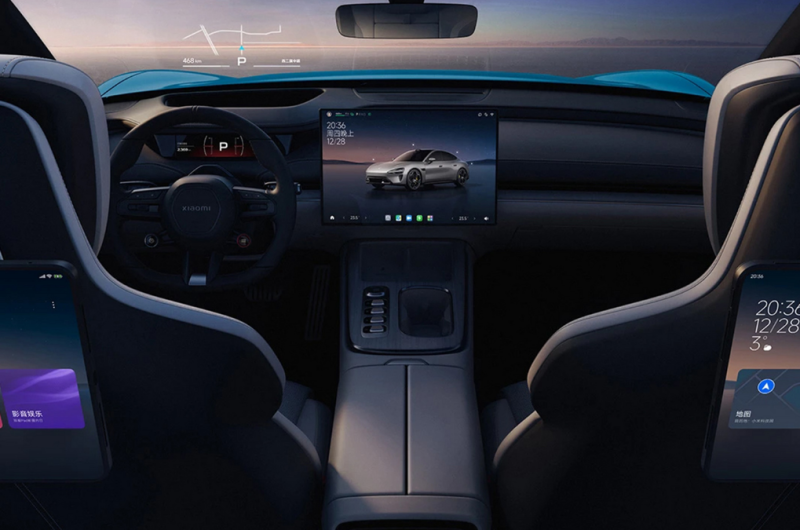
While Porsche's brand image still relies on the performance legacy of its gasoline-powered era, in the age of electrification, its product strength can no longer justify its high price tag.
Xiaomi's strategy reflects a new understanding of the luxury market by Chinese automakers. First, it prioritizes cost-effectiveness, offering million-yuan-level performance at 220,000 yuan, breaking the traditional notion that "luxury equals high price." Second, it emphasizes smart features: connectivity and over-the-air (OTA) updates have become key attractions for younger consumers. Third, it leverages track performance to build a reputation for high performance: the Xiaomi SU7 Ultra set a new lap record of 2 minutes 9.944 seconds at the Shanghai International Circuit, further solidifying its performance credentials.
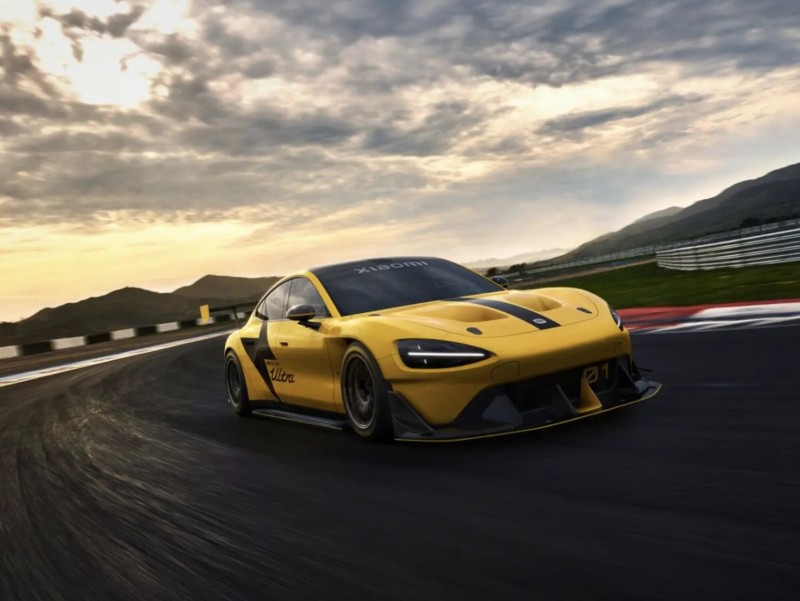
This approach not only diverts potential Porsche customers but also shakes the purchasing decisions of its loyal users. As Baum put it, "When 20,000 Xiaomi cars hit the streets, Porsche's aura will gradually fade."
To reverse this trend, Porsche needs to shorten its product iteration cycles and address its shortcomings in autonomous driving and smart cockpit technology, rather than relying on its gasoline-powered legacy.
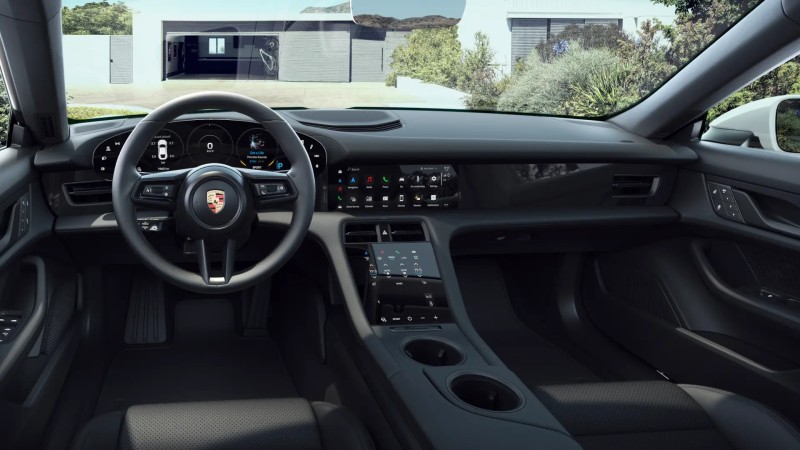
Moreover, luxury should not be confined to historical prestige but must be deeply tied to user experience. For instance, Porsche recently publicly congratulated Xiaomi on the SU7's lap record, showcasing its sports car heritage while subtly reinforcing its own "track DNA."

Baum's sharp critique essentially reflects the collective anxiety of traditional luxury brands in the face of the electrification wave. Xiaomi's success proves that when technological innovation rapidly closes the gap in product strength, relying solely on brand prestige is insufficient to maintain a market position.
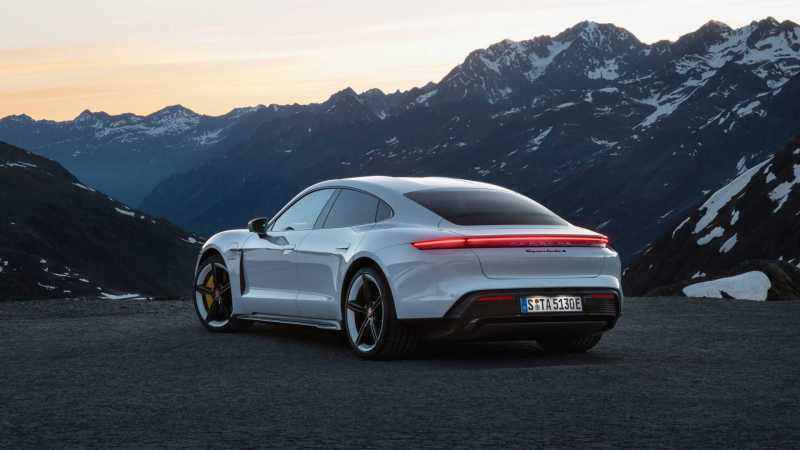
Baum's sharp critique essentially reflects the collective anxiety of traditional luxury brands in the face of the electrification wave. Xiaomi's success proves that when technological innovation rapidly closes the gap in product strength, relying solely on brand prestige is insufficient to maintain a market position.
If any infringement occurs, please contact us for deletion
Trending News

Perodua Myvi and Bezza may undergo major upgrades in 2026
After the update, the Bezza will no longer be just a low-cost alternative but a core model in the Perodua system with greater market competitiveness and brand premium potential. The upgrade of the Myvi is not to be unconventional but to strengthen the brand and market, ensuring that the Myvi continues to maintain its irreplaceable position in the new round of product competition.

2026 Honda Jazz minor facelift exposed in the Chinese market, featuring a new front-end design
The fourth generation Honda Jazz (known as Fit in some markets) has maintained stable global sales since its launch in 2019, but its performance in the Chinese market has been less optimistic. Now, the Chinese market is about to welcome its second facelift. The new model has undergone significant upgrades in exterior and interior design, while retaining the current 1.5L naturally aspirated engine and CVT transmission system.

Proton e.MAS 7 OTA upgrades to Flyme Auto 1.2.0, completing the Android Auto interconnection ecosystem
Proton has officially released the Flyme Auto 1.2.0 version OTA update for e.MAS 7 users. The core of this upgrade is the addition of support for Android Auto, offering both wired and wireless connection options. Combined with the previously integrated Apple CarPlay feature, it achieves full coverage of the two major smartphone ecosystems, Android and Apple. This marks a step towards perfecting the smart cockpit experience of the e.MAS 7 all-electric SUV and is also a key milestone in Proton's phased software iteration plan.

2026 New Proton S70 Upgrades from Three-cylinder to Four-cylinder, Significantly More Powerful!
Proton's 2026 S70 to be launched before Lunar New Year, with a key upgrade to a 1.5-liter four-cylinder turbocharged engine replacing the three-cylinder model, improving power smoothness, maintaining spaciousness, with the infotainment system and driver assistance possibly adapted to local road conditions, offering practical improvements tailored to the needs of Malaysian and Thai family users, aiding car purchase decisions.

Perodua Ativa Hybrid may be launched, a fuel-efficient small car that doesn't require charging
According to reports, the Perodua Ativa may be preparing to launch a hybrid version. The new car is expected to use an Extended Range Electric Vehicle (EREV) system for two main reasons: first, better fuel efficiency; second, to make users barely notice any difference compared to conventional fuel vehicles. It is clear that the automaker intends to use a very practical approach to gradually lead consumers into the era of electric vehicles.
Popular Cars
Model Year
Car Compare
Car Photo

